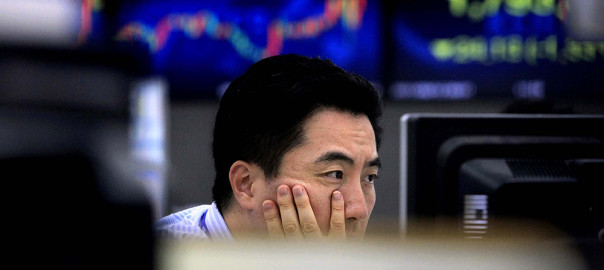A Question of Sovereignty: Capital Controls Gain Credence

In June 2010, South Korea and Indonesia announced several policy measures to regulate potentially de-stabilising capital flows which could pose a threat to their economies and financial systems. South Korea kicked off the process on 13 June when it announced a series of currency controls to protect its economy from external shocks. The new currency controls are much wider in scope than foreign exchange liquidity controls announced earlier in 2009. Indonesia quickly followed suite on 16 June when its central bank deployed measures to control short-term capital inflows.
The policy measures introduced by South Korea’s central bank have three major components, these being: restrictions on currency…




